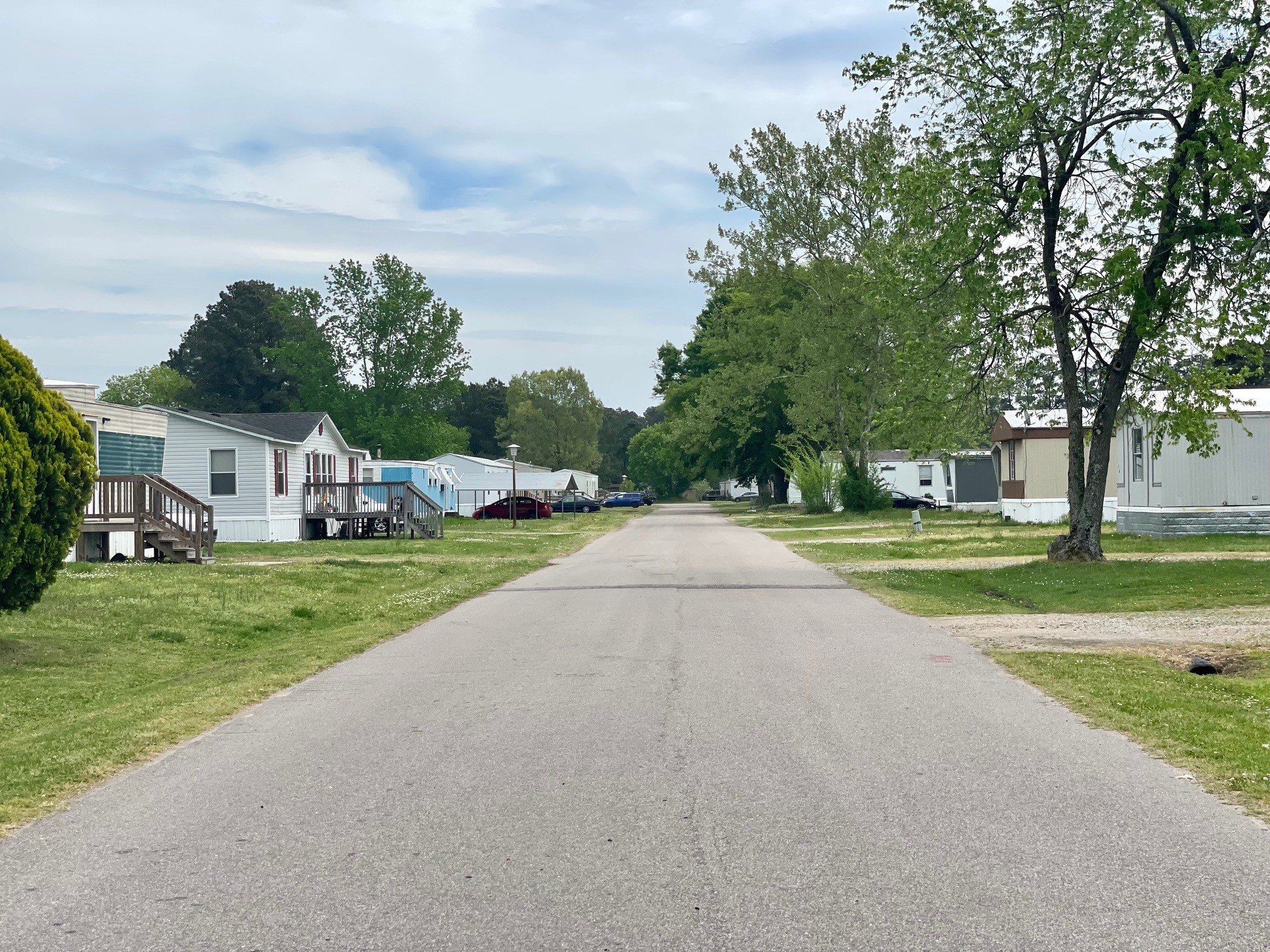
About Us
At Foundry Communities, we take pride in owning and operating mobile home parks that provide affordable, safe, and welcoming places to live.
As owners and operators, we are hands-on in ensuring that each community we manage is well-maintained, offering residents a peaceful environment where they can build their lives with confidence and comfort.
With a dedication to quality and service, we are committed to creating communities that feel like home. Our team is devoted to enhancing our resident experience by maintaining clean and attractive grounds and being responsive to our residents. We understand that for our residents, these communities are where they call home and everybody deserves to feel pride in their home.
Our Mission
To offer clean, safe, and affordable housing by providing best in class management services for our residents.
Our Values
Resident-First Approach: We prioritize the well-being of our residents, creating communities that are safe, accessible, and family-friendly.
Excellence in Management: As owner-operators, we take a hands-on approach, ensuring each property is maintained to the highest standard.
Affordability: We’re committed to offering quality housing options that remain within reach for individuals and families.
Integrity and Accountability: We manage our communities with transparency and care, building trust with each resident.



